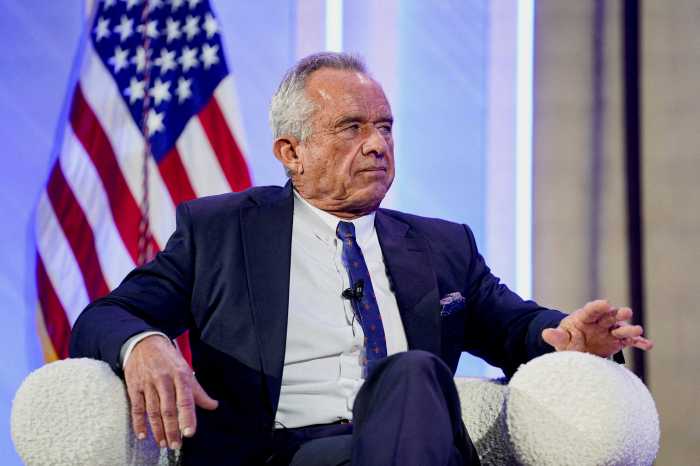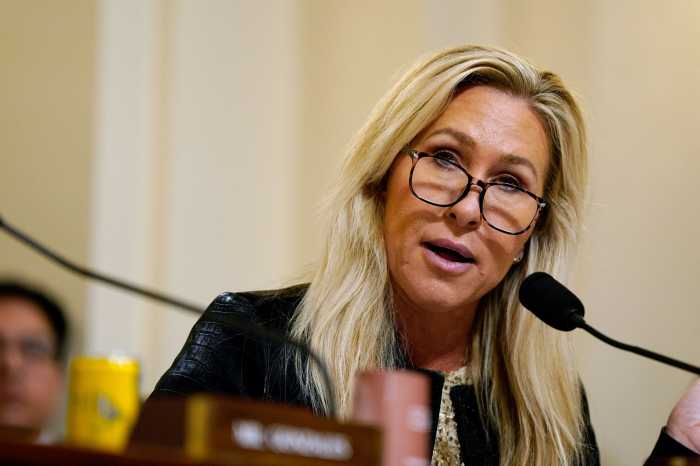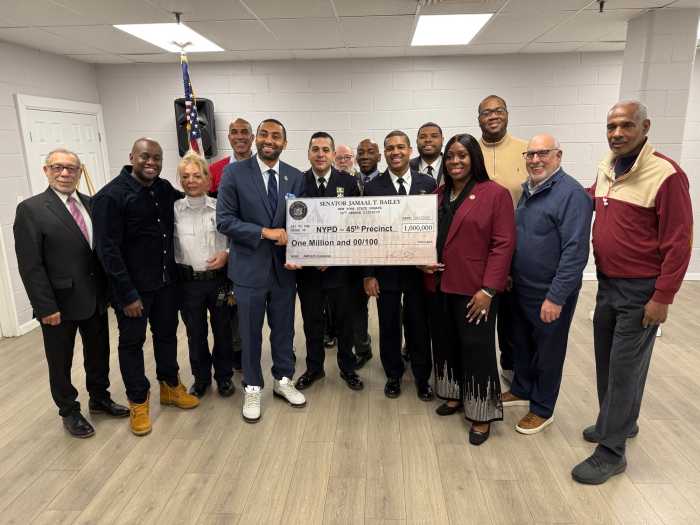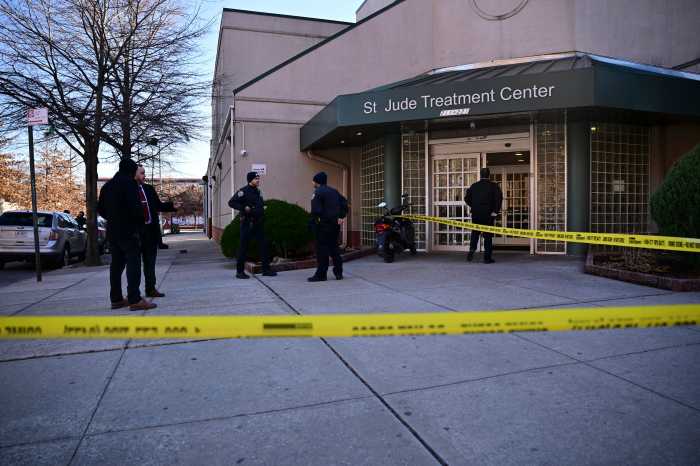AG Jerry Brown adjusts marriage language to stress elimination of rights.
By: ARTHUR S. LEONARD | In a ruling that settled a controversial issue surrounding Proposition 8, the November ballot question asking California voters whether they want to take marriage rights away from same-sex couples, Sacramento County Superior Court Judge Timothy M. Frawley rejected a challenge to Attorney General Jerry Brown's new title and ballot description.
Frawley's August7 ruling came in response to separate petitions from proponents and opponents of the measure that also dealt with the contents of a pamphlet, with arguments on both sides of the question, that the state mails to voters prior to the election.
The measure's original title was “Limit on Marriage. Constitutional Amendment” and the accompanying ballot description merely paraphrased the text of the proposed amendment, which would mandate that only the marriage of a man and a woman would be “recognized or valid in California.” Brown's revised title is “Eliminates Right of Same-Sex Couples to Marry. Initiative Constitutional Amendment,” and is accompanied by a description that reads: “Changes the California Constitution to eliminate the right of same-sex couples to marry. Provides that only marriage between a man and a woman is valid or recognized in California.”
Brown's revisions, then, emphasize that passing Prop 8 would make a change in the constitutional rights of same-sex couples, rather than preserving the status quo, as the prior wording suggested.
The California Supreme Court previously rejected an argument by marriage equality advocates that Prop 8 should be removed from the ballot because, among other things, the title and official description that appeared on the petitions, under which it was originally certified for the ballot, were rendered inaccurate when the court recognized the right of same-sex couples to marry on May 15.
In that case, the attorney defended the use of the original title and description, drafted by his office when the original petitions were filed. After prevailing in that argument, Brown turned around and revised both the title and the description to reflect the May high court ruling.
Proposition 8's supporters challenged Brown's changes, claiming they are “argumentative” and “likely to create prejudice against Proposition 8” by suggesting it would take rights away from people. In rejecting this assertion, Frawley pointed out that the attorney general has wide latitude, and is owed “substantial deference” from courts, in composing a ballot title and summary. The California Constitution says that they should communicate the “chief purpose and points” of the measure, and Frawley found Brown had met that standard.
Noting that Prop 8's proponents wanted the title “Limit on Marriage,” Frawley stated that they “failed to explain why the term 'eliminates' is inherently argumentative, while the term 'limit' is not.”
The proponents' case really revolved around the belief that the California Supreme Court's May ruling was improper and that a “right to marry” does not exist, so Prop could not be said to be “eliminating” any right. Frawley strongly rejected that contention, stating Brown's changes are “not false and misleading.”
The judge acknowledged that Brown's summary is “underinclusive” – speaking only to the performing of marriages in California, but not to their “recognition” and “validity,” as Prop 8 does – but he noted that a summary is not required to cover every point raised by a proposition.
Each side of the Prop 8 debate had objections to statements submitted for the voter pamphlet by the other side. The proponents argued that California's domestic partnership law gives same-sex couples “the same rights, protections, and benefits” as married couples, so Prop 8 would not take away any of those rights. Opponents argued that this was a false and misleading statement that must be deleted, but Frawley, pointing to the Supreme Court ruling in May, disagreed, finding that although it was technically imprecise, it was not prejudicially false and misleading.
On the other hand, Frawley agreed with the opponents that the statement that Prop 8 does not take “any rights” away from same-sex couples was false, since the high court granted them the right to marry.
Frawley refused to strike the proponent's argumentative statement that the California Supreme Court's decision had “ignored the will of the people,” stating it was simply “typical partisan argument,” but he agreed that the statement that teachers “will be required” to teach young children about gay marriage was misleading, since there is no such mandate. The judge decided that the argument in the pamphlet must be rewritten to state that the court's decision “may result” in schools teaching students that “gay marriage is okay,” and that the curriculum could at some point be changed to require such instruction.
Marriage Equality advocates, in turn, asserted that Prop 8 “doesn't have anything to do with schools” and “won't affect our schools,” and that “no child could be forced against the will of their parents to be taught anything about health and family issues.” Prop 8's proponents argued that this was inaccurate and should be stricken, but Frawley rejected this criticism, finding the issue “at most a reasonable difference of opinion.”
Opponents also proposed that the pamphlet include their argument that domestic partnerships and marriage aren't “the same” in respect to “everyday life,” “emergency situations,” and in “the security that spouses provide one another.” Proponents responded that “there are no substantive legal differences between marriage and domestic partnership in these matters,” but Frawley rejected their objection, pointing out that the California Supreme Court's ruling “held they are not the same.”
Opponents of Prop 8, then, prevailed in all their suggestions for the pamphlet.
When Frawley's opinion was released, Prop 8 supporters promised an appeal, but faced with a deadline of August 11 for producing the voter pamphlet, they decided there was not time. On that date, they announced they had abandoned their appeal, so Brown's new title and summary and Frawley's adjustments to the pamphlet will stand.

































